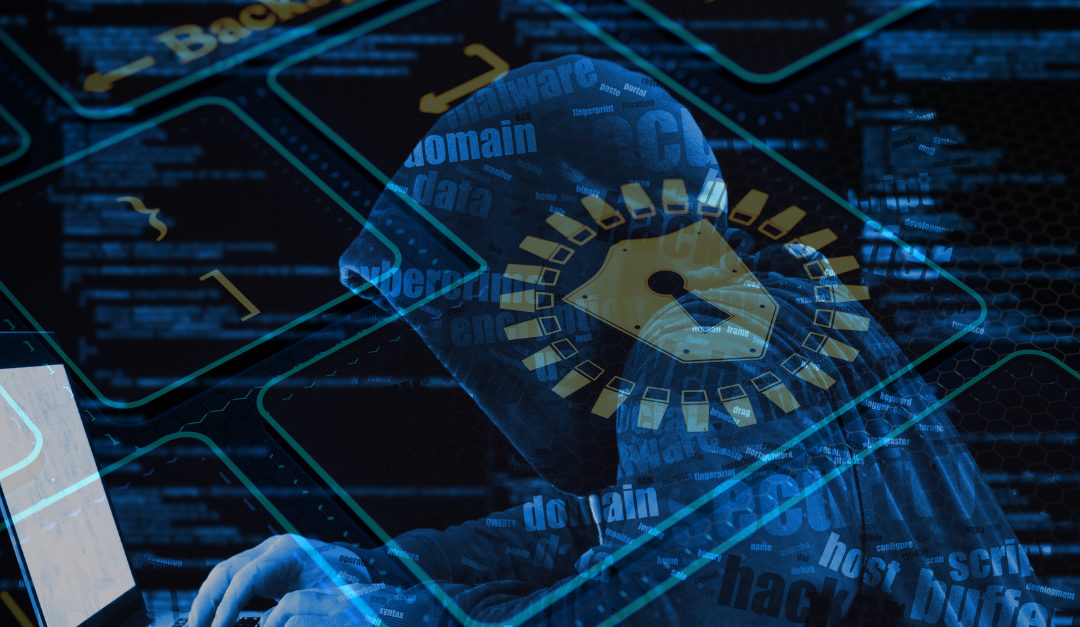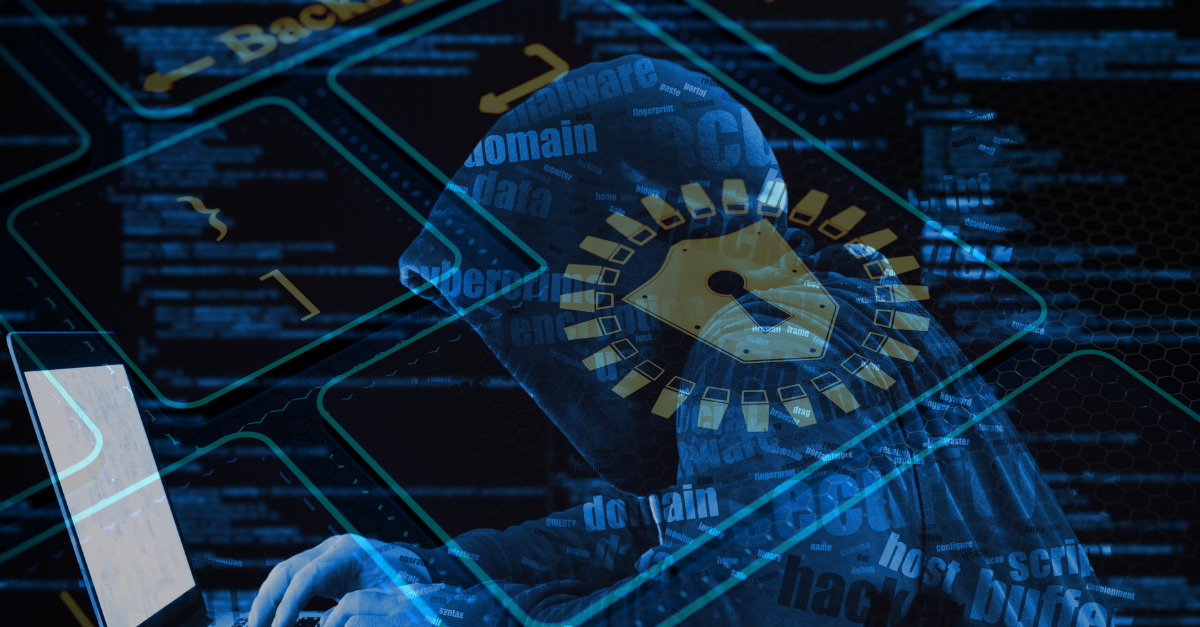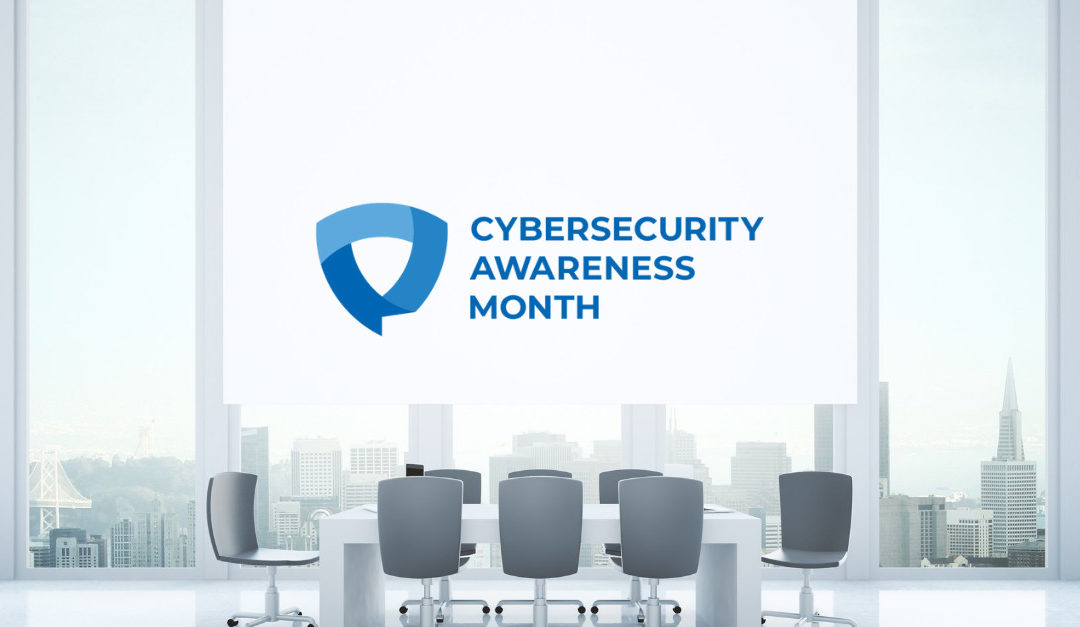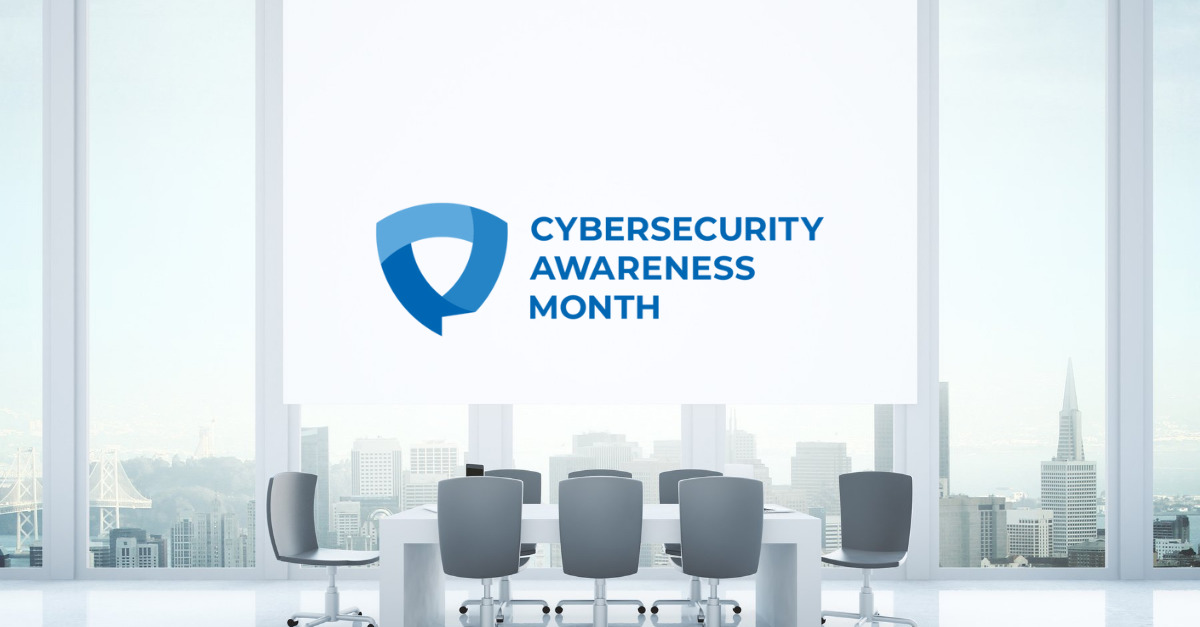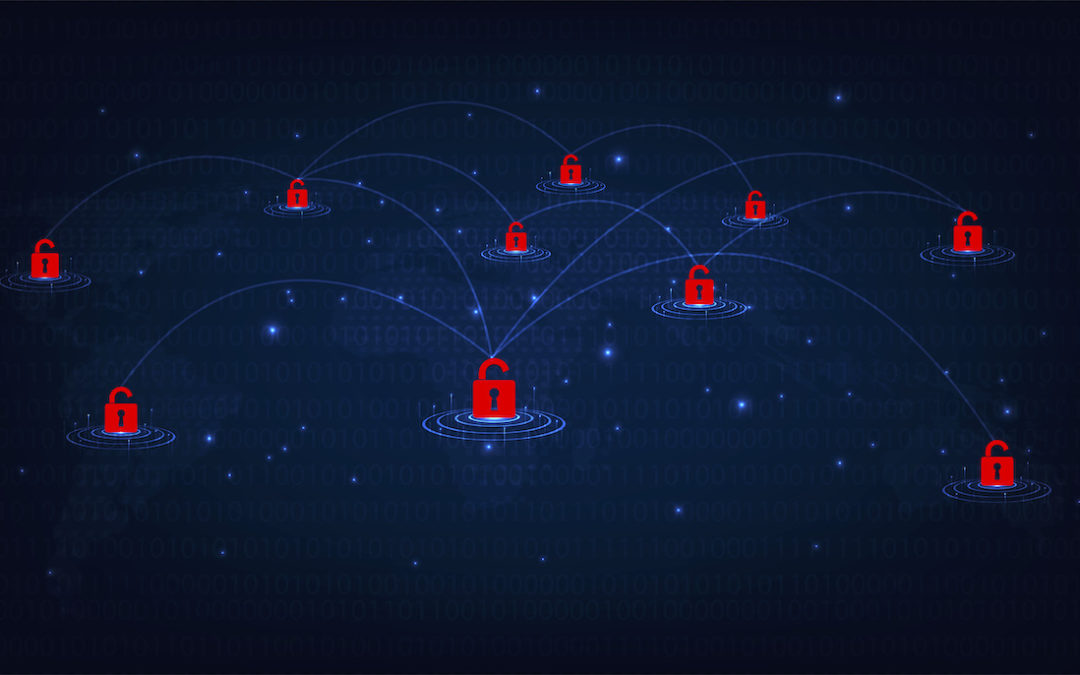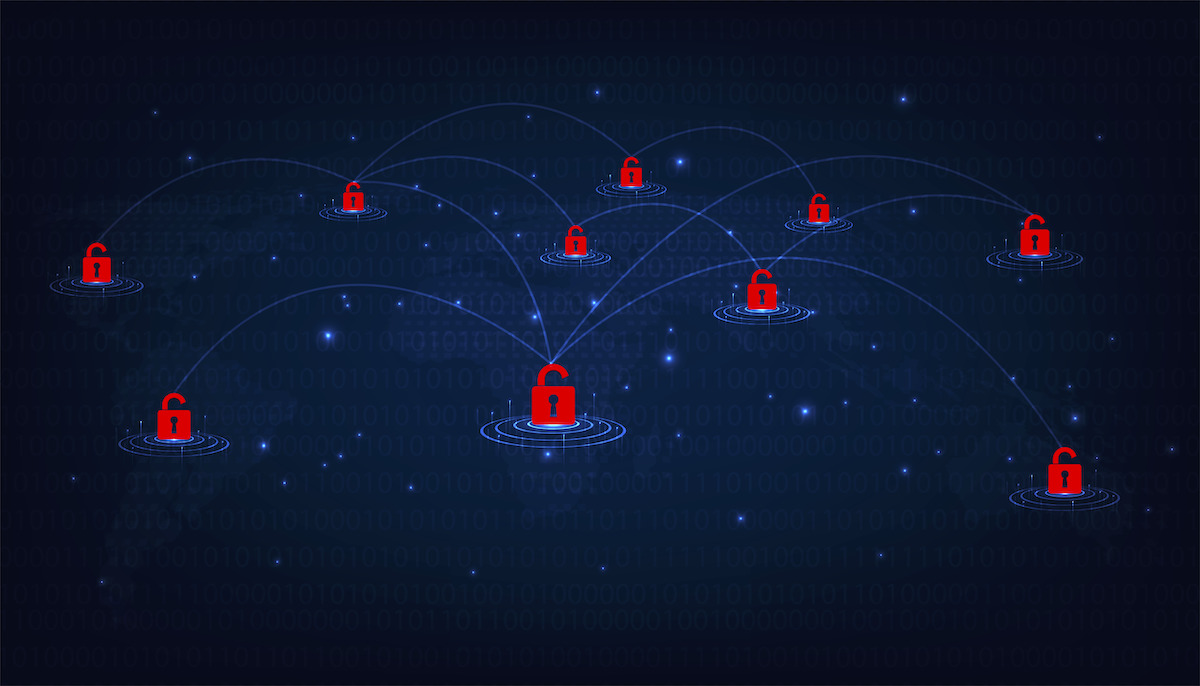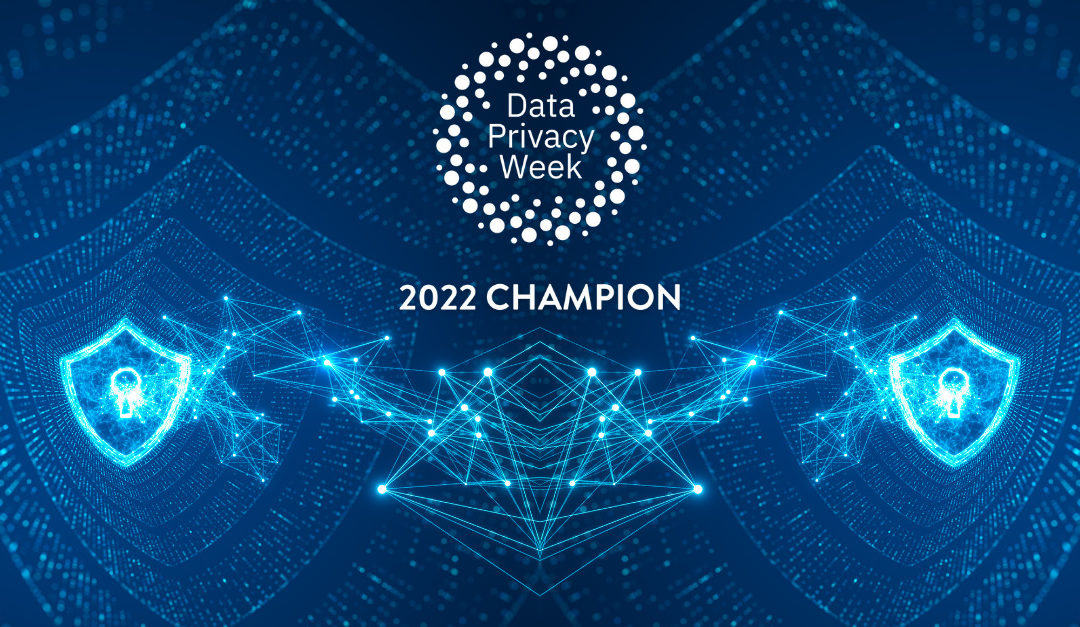
Who Knows What You’re Doing For Data Privacy Week?
The EstesGroup 2022 data privacy initiative focuses on educating businesses on best practices for collecting data and promoting transparency, respect, and security.
Every second, EstesGroup cybersecurity experts work to protect the data of our customers, our employees, our partners, and our friends. In this spirit, we are once again a Data Privacy Week Champion. As one of the leading cloud providers in the nation, we know full well how important it is to recognize and support the principle that all organizations share the responsibility of protecting information.
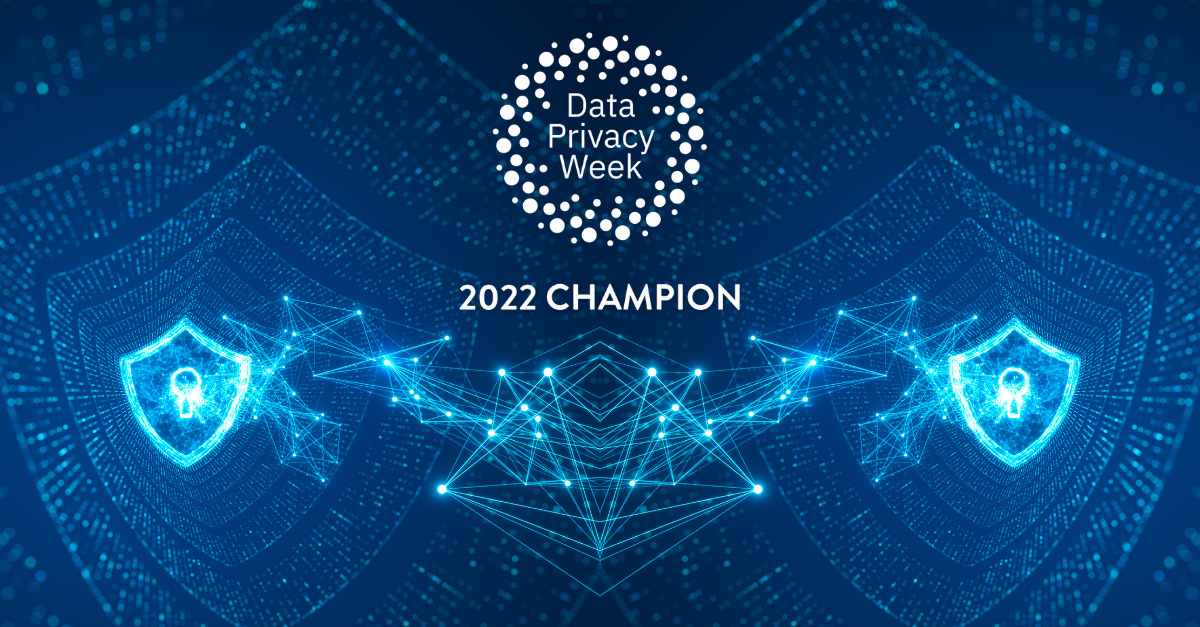
Data Privacy Week Raises Awareness Within Organizations
The COVID-19 pandemic has blurred private environments, like bedrooms and living rooms, into corporate offices, given our increased dependence on remote workforces. A universal respect for privacy has never been more important: the pandemic has also increased international attacks on American businesses, and this has left the homes of remote workers vulnerable to cyberthreats most common in traditional office settings.
EstesGroup helps businesses manage data through advanced cloud-based solutions that offer the protection levels trusted by medical record keepers, law offices, manufacturers, distributors, and more. We promise to guard our clients at every level possible:
We protect online data, and we secure offline data with the same robust approach to risk management that makes even the most sensitive information safe in the hands of our IT staff.
We prevent unauthorized access and ensure that compliance regulations are not only met, but exceeded.
We secure employees wherever they are and train them to protect themselves against the perils of digital harm.
We educate our customers so that they handle their data wisely and keep everyone in their networks and supply chains safe from cyberthreats.
Data collection is only increasing, and the risks are following suit.
The Pew Research Center reports that 79% of adults in the United States are worried about the security of their data as it is handled by organizations. Here are a few tips to earn the trust of your employees and customers by deploying secure privacy management strategies:
- Save now, secure now: There is no room for procrastination in cybersecurity. If you save the data, protect it.
- Go now, know now: Choose your cyber pathways wisely, and know who in your company is traveling where and ensure that you are documenting digital tracks so that a breach can be traced after disaster strikes.
- Collect now, share now: If you are collecting information, inform your employees and customers about how you are saving, using, and sharing information through clear and concise policies that abide by privacy laws.
- Behave now, train now: Know how to behave and train your employees to do likewise.
Understand Data Privacy
- Get a free cyber health check from EstesGroup.
- Sign up for a full security audit at least once a year.
- Enroll in educational programs at least once a year so that you’re fully informed about how the digital landscape is changing.
Manage Data Privacy
- Distribute and post current policies to all employees.
- Delete unused applications and move vulnerable data offline using secure backup plans.
- Use firewalls, encryption, cybersecurity solutions, and disaster recovery planning services.
- Move operations into a private or hybrid cloud environment for the most control over your data, ensuring cybersecurity and privacy at every endpoint.
- Ensure that your partners and vendors have up-to-date privacy measures in place so that your employees and customers are also protected in your extended network.
For more information regarding adoption of a robust privacy framework to meet industry compliance regulations, please learn more about NIST. If you would like help understanding the details of NIST Privacy Framework, AICPA Privacy Management Framework, ISO/IEC 27701 – International Standard for Privacy Information Management, please contact the EstesCloud team.

